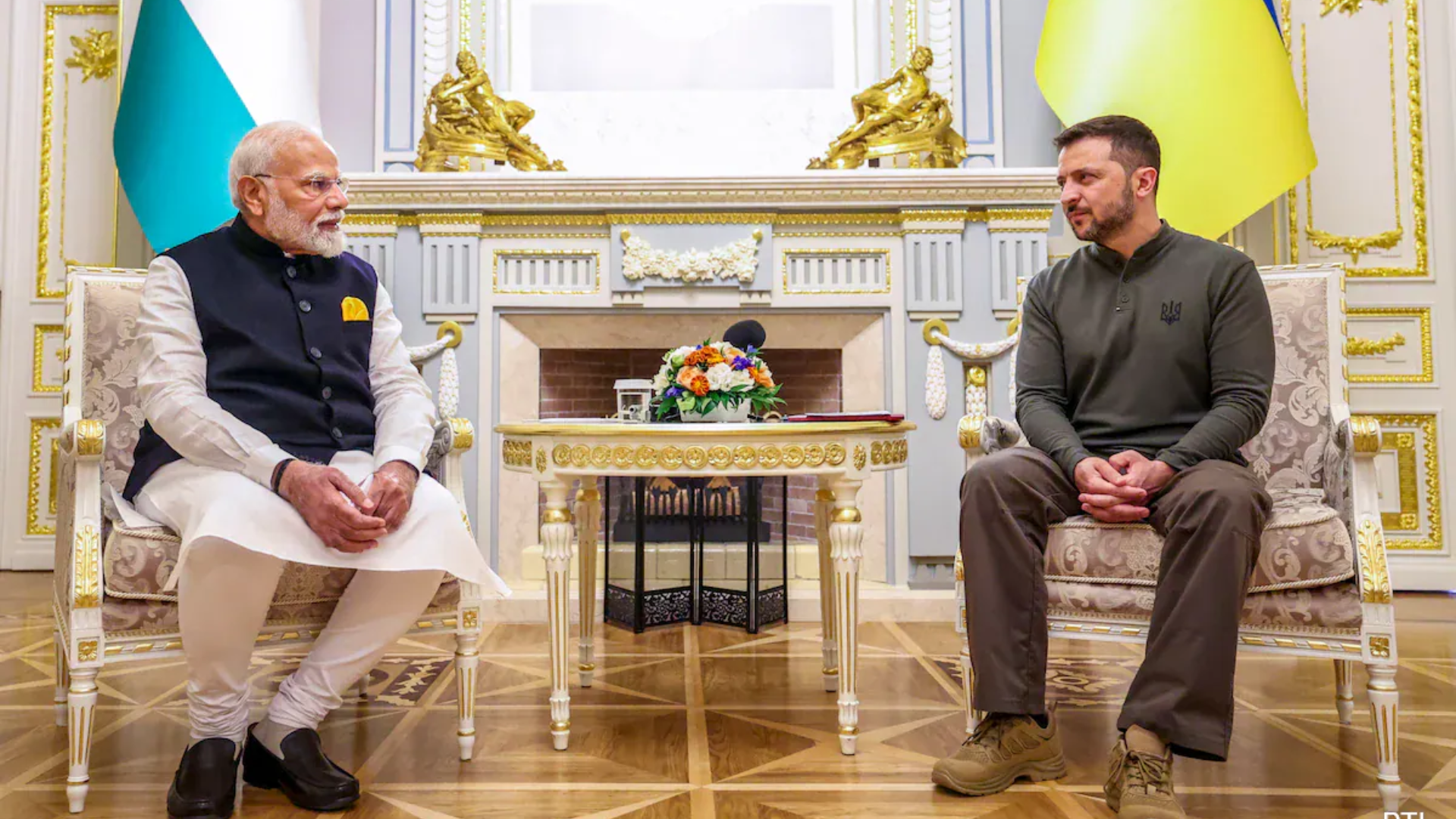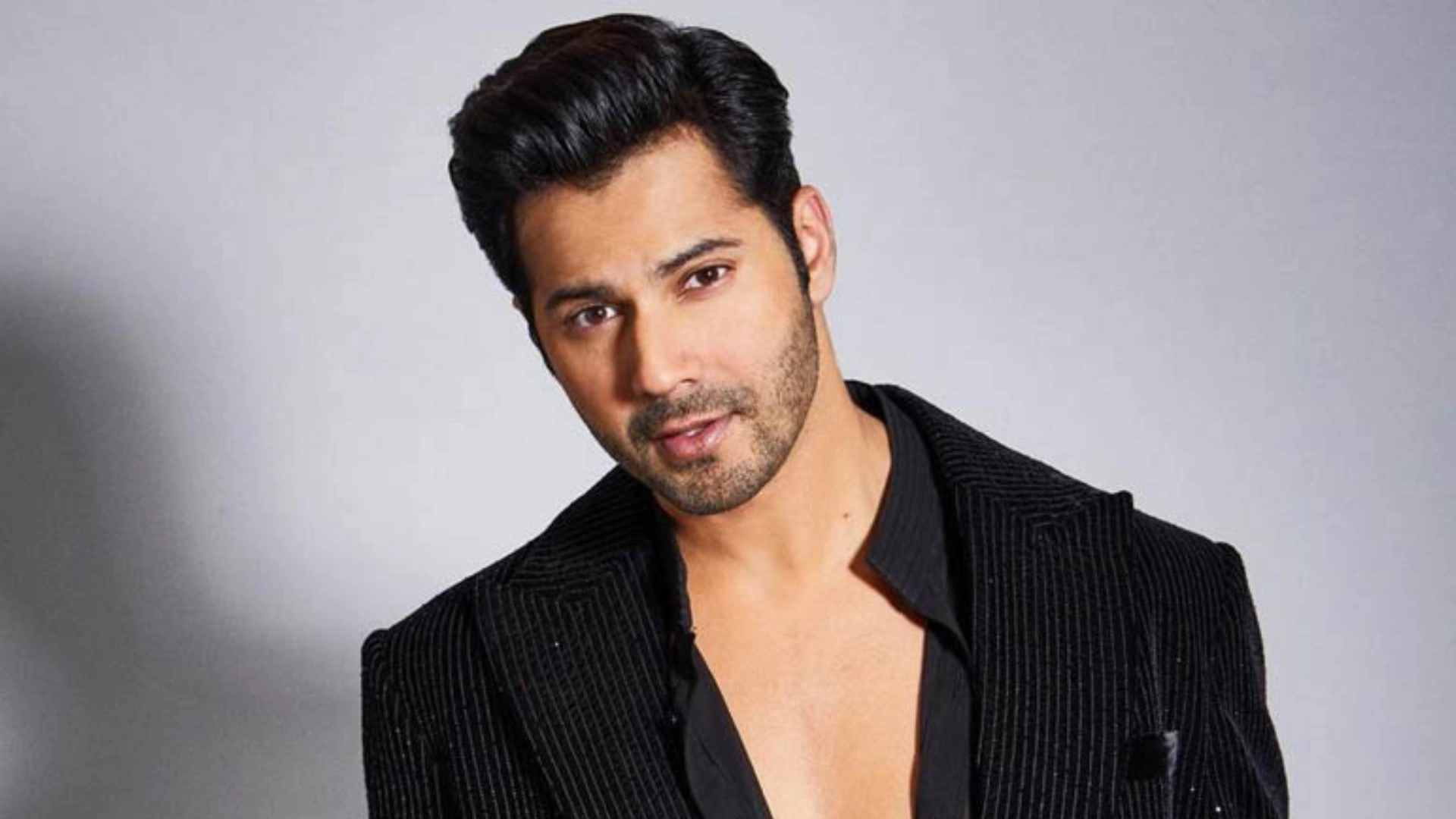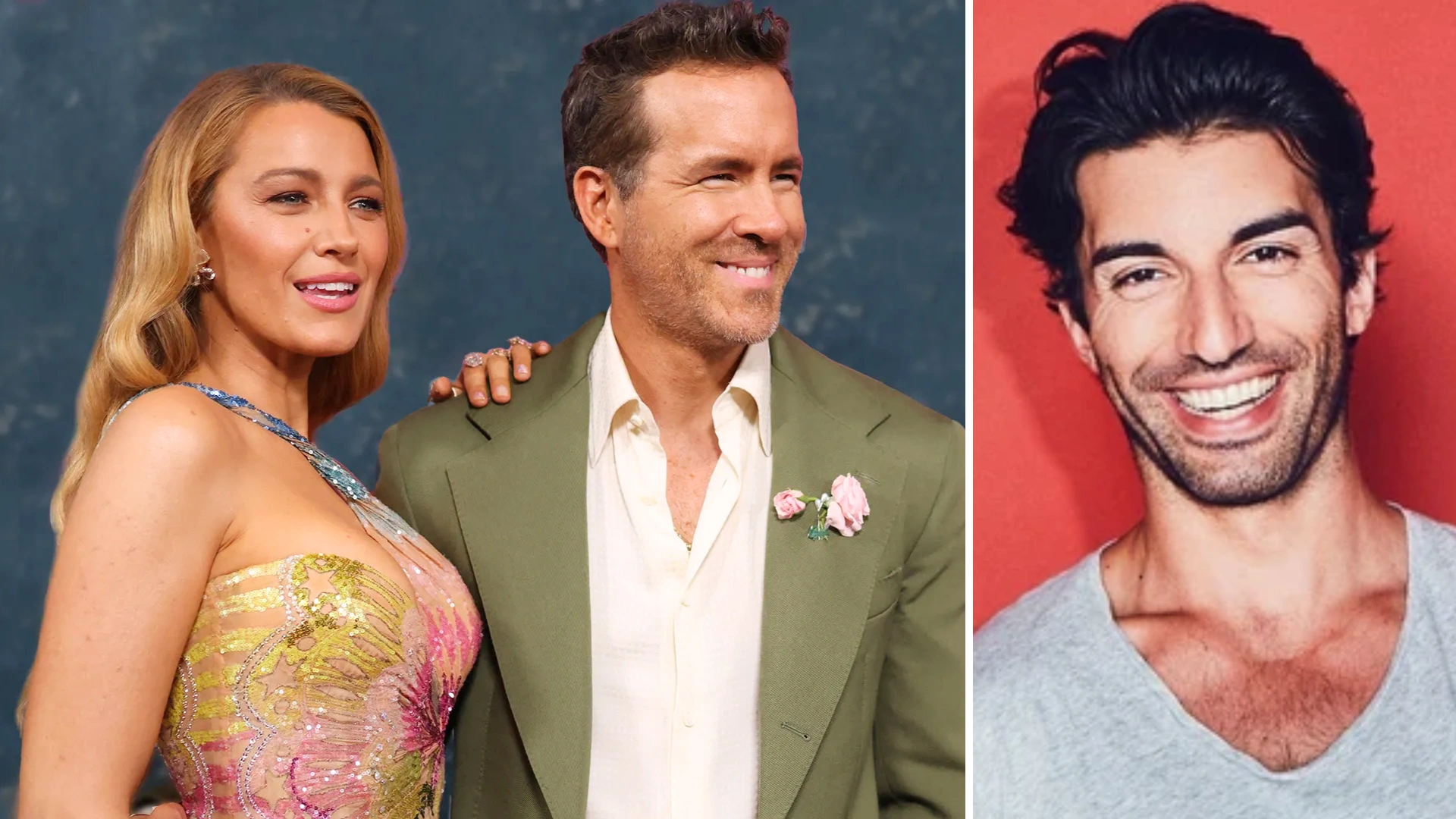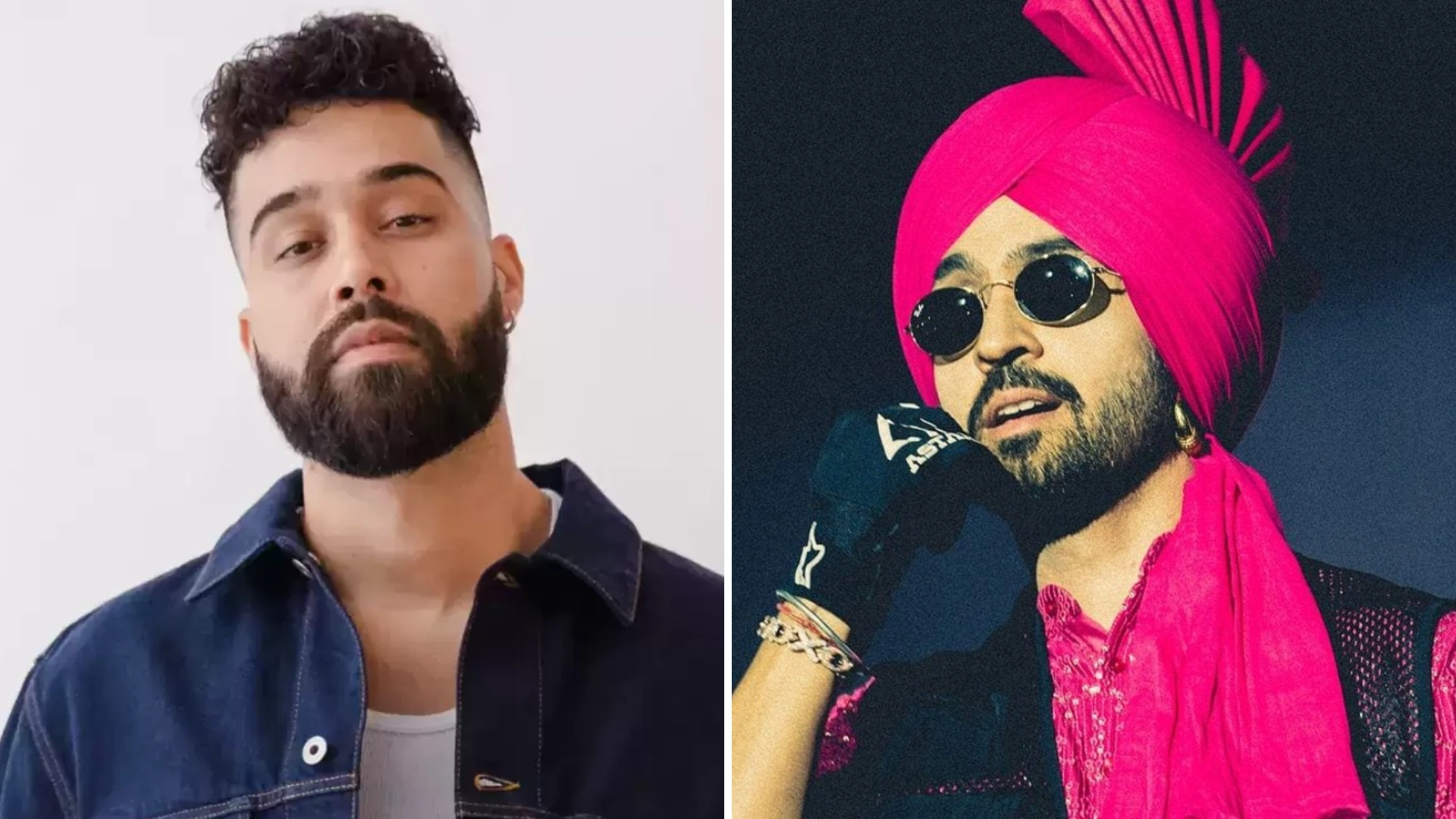Bangladeshi nationals gathered in New York to protest Mohammad Yunus, the leader of Bangladesh’s interim government. Many expressed deep concerns about the increasing violence and discrimination against minority communities, blaming Yunus for worsening these problems since he assumed power.
Advocating for Secular Democracy
Protesters, like DM Ronald, emphasized their commitment to a secular democracy. Ronald stated, “We believe in a secular democracy. After he took power by force, he started killing Hindus, Muslims, Christians… Our people are not safe in Bangladesh.” This sentiment captures the anxiety felt by many in the Bangladeshi diaspora who worry for their loved ones back home.
Threats to Minority Rights
The demonstrators highlighted serious issues facing minority groups in Bangladesh. Reports of violence against Hindus, Buddhists, and Christians have surged, leading many to accuse the government of failing to protect these communities. The chant “Justice for All” resonated through the crowd, reflecting their demand for equal rights and protection for every citizen, regardless of their faith.
MUST READ: Bangladesh Strongly Protests Indian Home Minister’s Remarks on Citizens
Political Turmoil and Its Consequences
Since Yunus took power, accusations of authoritarianism and human rights abuses have been prevalent. Many activists argue that the political instability in Bangladesh has disproportionately affected minority groups, leaving them vulnerable to violence and persecution. The protesters’ demands for justice and accountability were a direct response to this troubling climate.
A Global Movement
The protest in New York is part of a growing wave of activism among Bangladeshi nationals abroad. Many are using social media and public demonstrations to raise awareness about the situation in their home country. The global Bangladeshi community is calling for international support to help safeguard the rights of minorities in Bangladesh.
A Call for Change
As the protests continue, the message from the demonstrators is clear: they want a government that prioritizes the safety and rights of all its citizens. The demand for a secular democracy resonates strongly within the Bangladeshi community, both domestically and internationally. As events unfold in Bangladesh, it is essential for the world to pay attention to the urgent needs of those facing persecution. The ongoing protests symbolize hope for a more inclusive and just future for all Bangladeshis, regardless of their faith.
ALSO READ: PM Modi in the U.S: Key Outcomes of the 2024 Visit for India-U.S. Relations


















